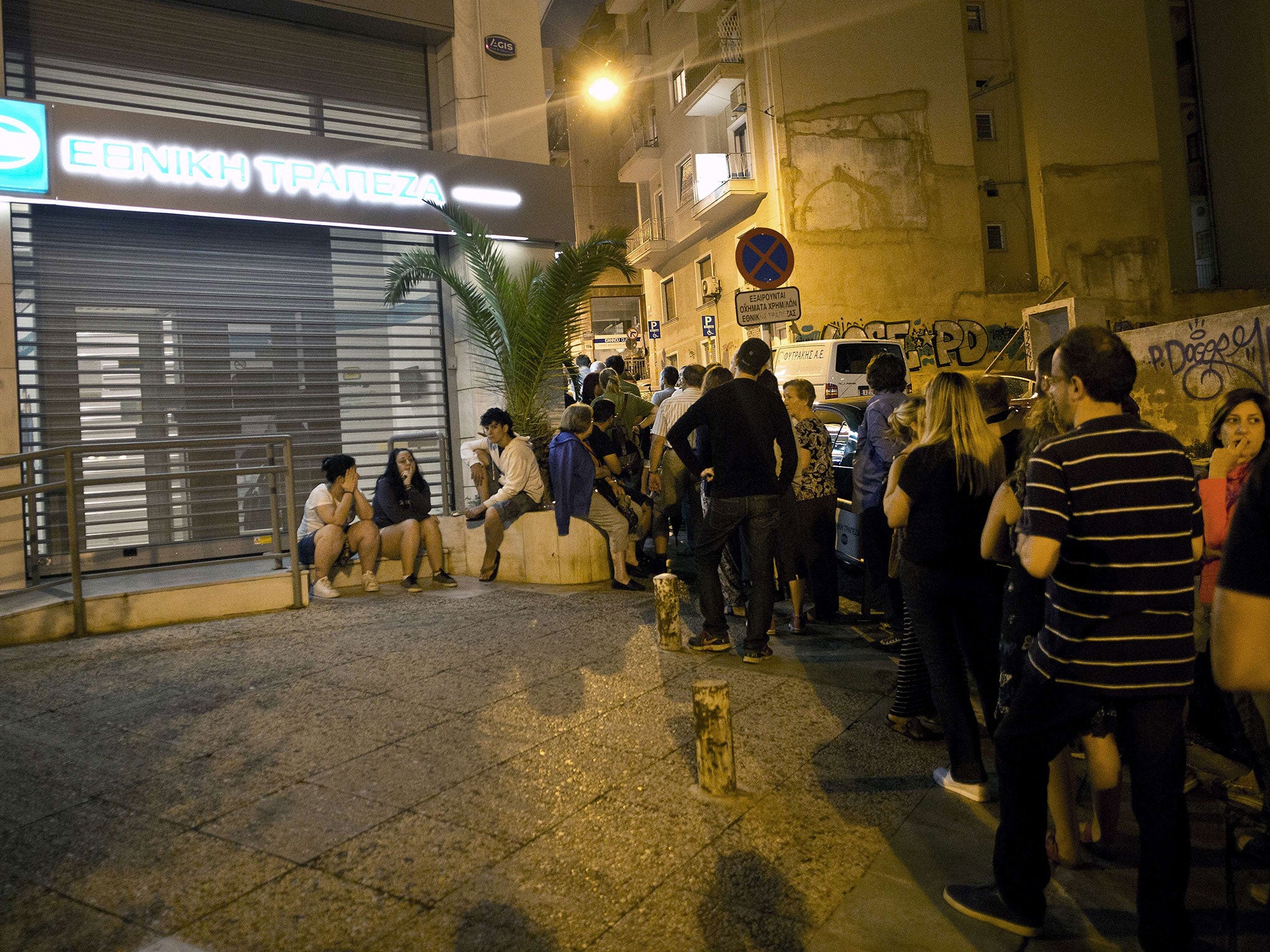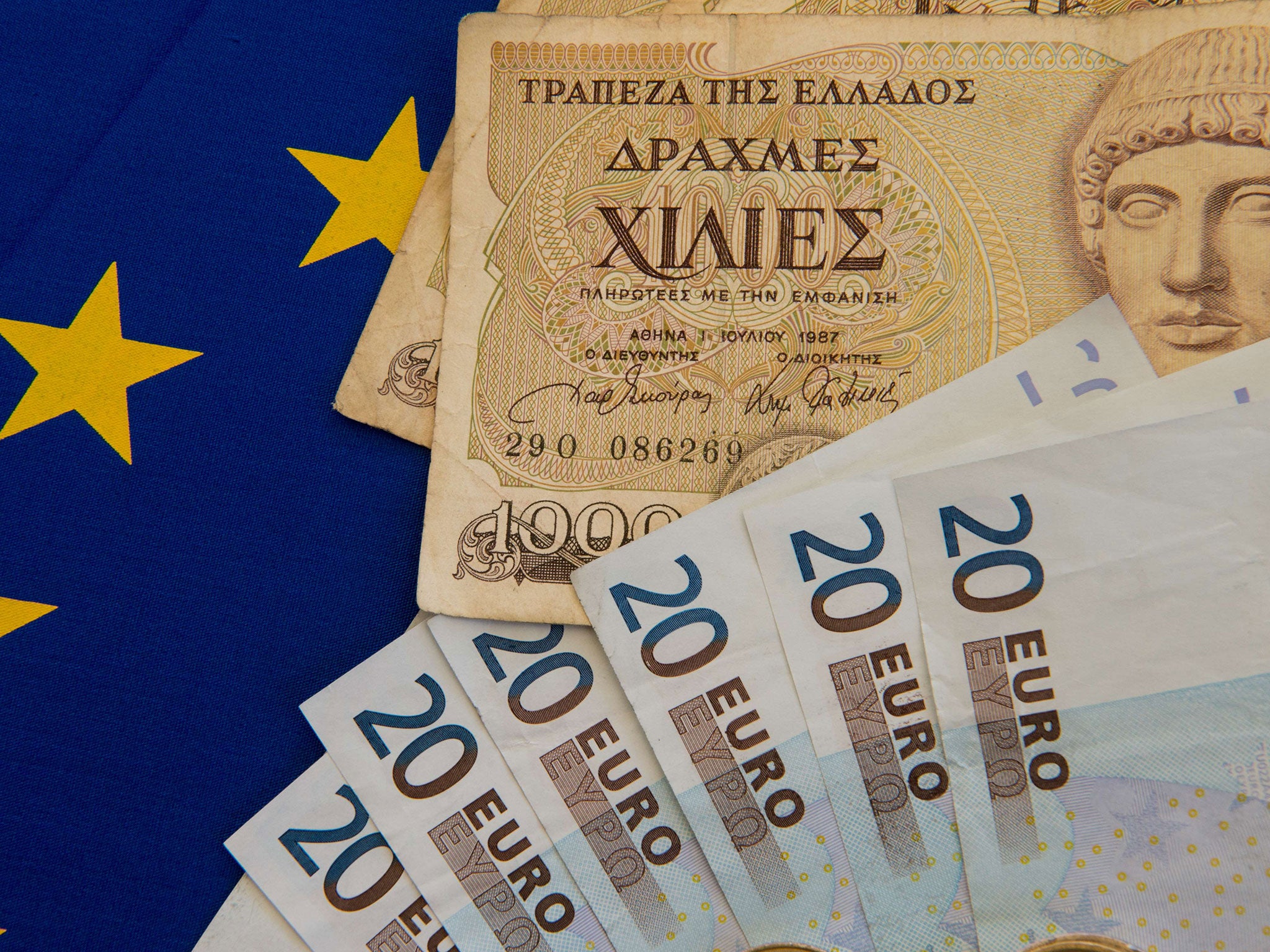Greece crisis: This is what will happen if Greece runs out of money and has to reinstate the drachma
First of all it has to build some printing presses

The Greek finance minister Yanis Varoufakis said on Australian radio this week that Greece couldn’t reinstate the drachma – the currency it used before it adopted the euro in 2001 – even if it wanted to. Why?
"We don't have the capacity," Varoufakis told Australian public radio network ABC. "In order to impress upon the world that [joining the euro] was not a temporary phenomenon we smashed the printing presses! So we have no printing presses."
Nonetheless, Greece may run out of euro-backed money in just a few days. It only has enough Emergency Liquidity Allowance to last until Monday. Once that runs out, it may have to find a way to reinstate the drachma.
Alex Jurshevski, the founder of Recovery Partners Limited, worked to restructure New Zealand’s debt in the ninties and during the Iceland crisis more recently. He said that once the Greek central bank had obtained reserves of drachma, either by importing or printing, the process of switching back would be swift.

“They’d have all the bills printed up,” he said in an interview. “They’d be waiting in a bunch of dump trucks.” After a bank holiday for a few days to make the switch, the banks would open again for business.
“It would happen, boom, like that,” Jurshevski said.
Once the drachma had been instated, it would likely tumble against the euro, meaning the government would have to print even more to keep up. Capital controls, limiting the amount of money people can withdraw, would have to be put in place to stop a run on the banks.

This could result in social unrest. Experts at Barclays said that historically similar moves have caused between 45 and 85 per cent devaluation of the currency. Capital Economics suggests that the drop could be more mild, closer to 20 per cent, and Oxford Economics says 30 per cent, Business Insider reports.
Inflation would likely spike, causing prices for everyday goods in Greece to rise dramatically, but this would stabilise once the new drachma found its value against the euro.
Despite these immediate effects, some analysts think Greece might actually be better leaving the euro in the long term. According to Capital Economics, a managed exit “could even end up as a favourable economic development for both Greece and the rest of the euro-zone”.
Join our commenting forum
Join thought-provoking conversations, follow other Independent readers and see their replies
Comments